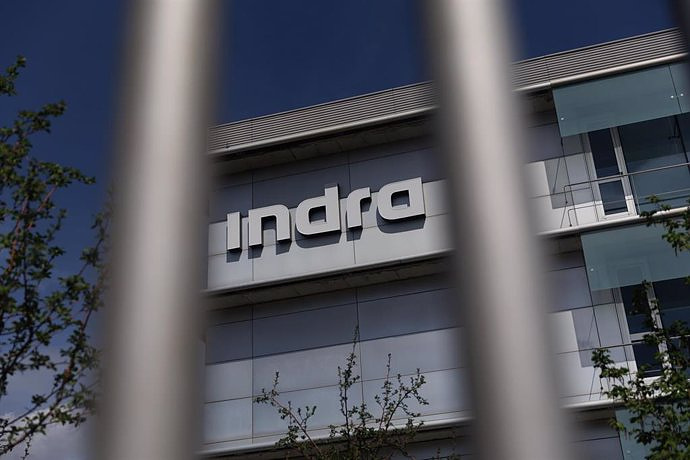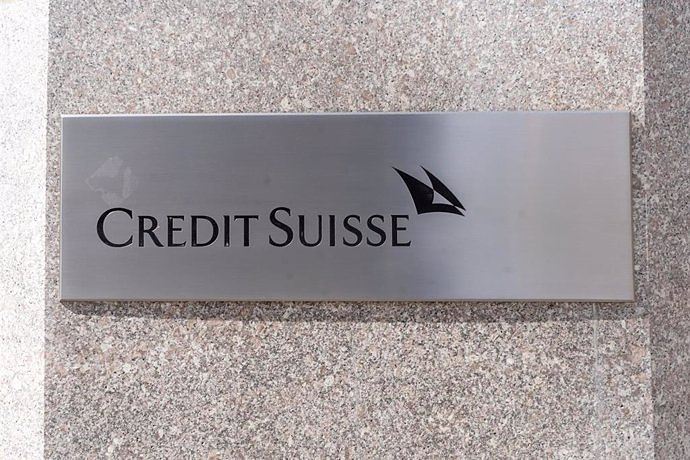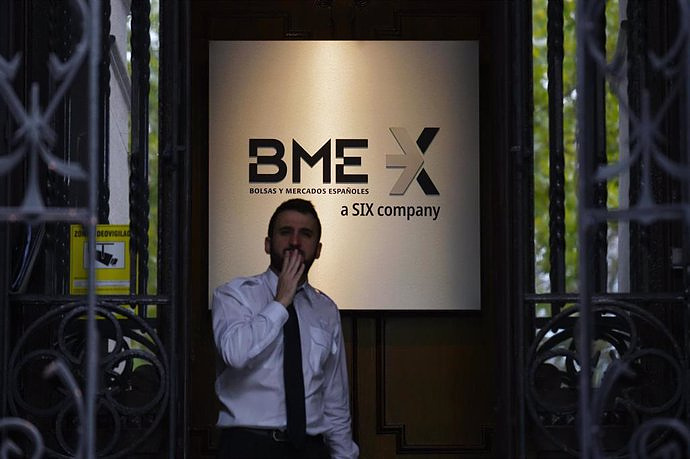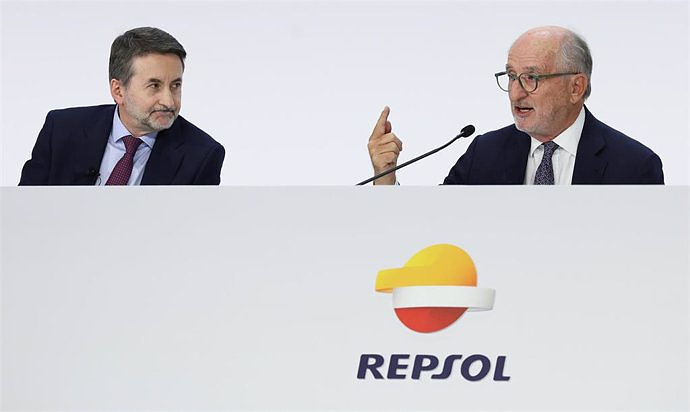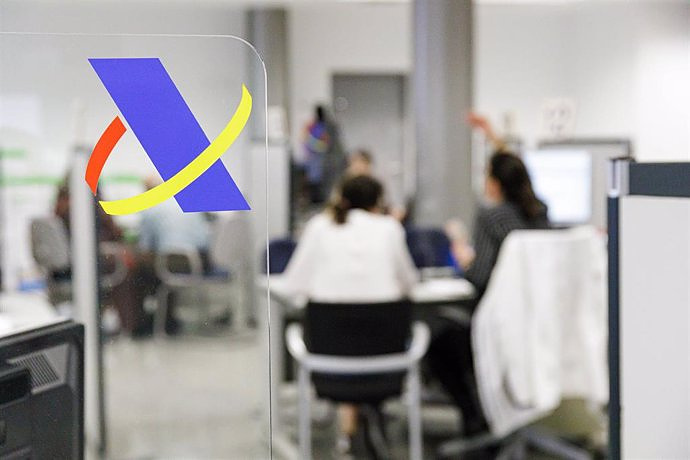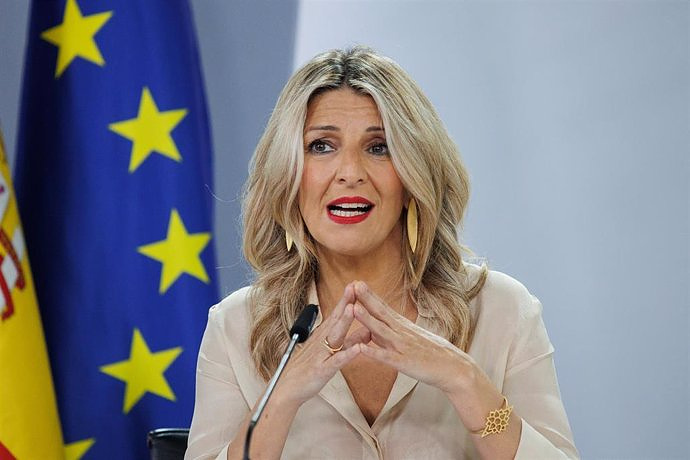His wife also denies having ordered the recording and the accused journalist says he did not know the commissioner
MADRID, 22 Dic. (EUROPA PRESS) -
The Prosecutor's Office has maintained this Thursday its request to sentence the retired commissioner José Manuel Villarejo to 4 years in prison, considering him guilty of ordering an "illegal" recording and broadcasting a 2014 meeting between the National Police and the National Intelligence Center (CNI). ), because its objective was to "affect, annul or disturb" the investigation opened by the police force on Francisco Nicolás Gómez Iglesias, known as 'El Pequeño Nicolás'.
In his final report, the prosecutor has ratified the account of the facts that he presented at the beginning of the trial that has been followed in the Provincial Court of Madrid and that has been seen today for sentencing. And he has stressed that "it seems logical" that whoever "organized" the "plan" to record "was someone with an interest in avoiding the investigation."
The meeting took place on October 20, 2014, when the then head of the Internal Affairs Unit Marcelino Martín Blas informed several CNI agents that there was an ongoing investigation into 'El Pequeño Nicolás', who was suspected of being pass --before various businessmen-- as a liaison between the Vice-Presidency of the Government and the Royal House, as well as an Intelligence agent.
"And it seems logical that it was a police officer or someone with information directly from police officials who were aware of the Internal Affairs meeting," the Public Ministry has stressed.
For the prosecutor, the "purpose" of the plan orchestrated by Villarejo was "to affect, annul or disturb" the investigation into 'El Pequeño Nicolás' "and eventually get it annulled in some way."
From the beginning of the trial, the Public Prosecutor's Office has maintained that the commissioner found out that the meeting was going to take place and "planned to record the conversation" with the purpose of subsequently disseminating it not only in 'Sensitive Information', but also in other media. , to "thus achieve hinder, hinder or block the ongoing investigation" that the Police had on Gómez Iglesias.
He has indicated that it has been shown that Villarejo was the owner of the communication medium "through various companies" and has downplayed the fact that it was not possible to know which computer application was used to record the meeting. "Some technical artifice had to be used to get the recording," he has wielded.
Having said this, he explained that all traces of what was contained in the mobile phone that received the call, which was that of Martín Blas, can be erased because "a good attacker leaves no trace of his attack."
The Public Ministry maintains that a journalist from "Información Sensible" called the head of Internal Affairs from his mobile phone and "activated some type of computer application or 'software' that allowed ambient sound to be captured without being noticed by Martín Blas."
According to the prosecutor, "it is not that one of the participants in the meeting spread or recorded a secret, but that it was someone else and, therefore, the secret exists," he summarized, adding that "privacy" was affected. " of 'El Pequeño Nicolás', since the meeting between Martín Blas and the CNI took place in an "official environment" in which what was said should not transcend without express consent.
In addition, the Prosecutor's Office has also made its provisional conclusions regarding the Villarejo woman, Gemma Alcalá, and the journalist Carlos Mier, whom it considers "collaborators in the making and dissemination of an illegal recording" to be final.
The prosecutor claims 4 years in prison for the commissioner for the alleged crime of discovery and disclosure of secrets, while he requests 3 years for Alcalá and Mier as necessary collaborators. The State Attorney's Office, which requested the same penalties, has also corroborated them in this session and the Platform for Honesty, which requested a greater punishment, has joined the request by the Prosecutor's Office. For its part, Podemos demands 5 years for Villarejo and 4 for the rest.
As the commissioner did yesterday, Villarejo's wife has denied that she ordered the journalist to record that meeting and has stated that the fact of being in the defendant's dock with Mier is due to "collateral damage from the persecution" against her husband .
Asked if she received any order from her husband to make the recording or he advised her of a computer application for it, Alcalá has responded that it is "absurd": "Not at all, my husband was on his business, in his world, and I did not know about this or many other things".
And asked why she did the day of the recording, she has assured that she was with her mother in the hospital because she had operated on her and that day, the 20th, they discharged her, went for her and took her home.
Alcalá has denied that she was the owner of the media, has limited her work to "administrative issues" and has reported that at that time she was focused on studying a web page management course, since she wanted to set up her own project and the of 'Sensitive Information' went wrong and was left 'caught, hung'.
For his part, Mier has declared that he "never" recorded or disseminated anything and explained that during those days he called Martín Blas several times after having exclusively published the arrest of 'El Pequeño Nicolás' and because the arrest warrant included Matters Internal, but that he asked about other issues, such as 'Operation Catalonia'.
He has denied that he knew Villarejo or that Alcalá was his wife, specifying that he found out about the police when some time later, and having already left 'Sensitive Information', the media began to publish news about the "war of commissioners".
Villarejo's defense has demanded his acquittal for lack of evidence, has described the investigation as "elephant", has criticized the interception of communications from various journalists and has indicated that the person who recorded it could be someone else. Similarly, those of Alcalá and Mier have asked that they be acquitted.
Villarejo denied on Wednesday that he had ordered the recording and broadcasting of the CNI and Internal Affairs meeting, nor that he knew it was going to take place. "What did I care about that cartoon," he said, while mocking the system with which the recording was made.
In his statement, he stated that the thesis that in 2014 he asked Mier to record the conversation is "absurd". "But why didn't I do it? Why do I need to involve a third party?" she added.
The commissioner stressed that he had "quite a few working telephones and virtual telephones" with a "computer program" with which he "called and the telephone disappeared". "But I didn't call," he settled.
"What a funny program that leaves a trace of the call that has been made. It's a bit of a joke," he said, insisting that he neither recorded the meeting nor was he interested in knowing what happened in it.
In his last word, Villarejo thanked the court for having restored his confidence in Justice for his "correctness and respect", and he has conveyed that he does not regret having "abandoned" his position within the Police to "criticize" from outside the "abuses" that "in the name of the State" were made by people with a lot of power.

 Exploring Cardano: Inner Workings and Advantages of this Cryptocurrency
Exploring Cardano: Inner Workings and Advantages of this Cryptocurrency Seville.- Economy.- Innova.- STSA inaugurates its new painting and sealing hangar in San Pablo, for 18 million
Seville.- Economy.- Innova.- STSA inaugurates its new painting and sealing hangar in San Pablo, for 18 million Innova.- More than 300 volunteers join the Andalucía Compromiso Digital network in one month to facilitate access to ICT
Innova.- More than 300 volunteers join the Andalucía Compromiso Digital network in one month to facilitate access to ICT Innova.-AMP.- Ayesa acquires 51% of Sadiel, which will create new technological engineering products and expand markets
Innova.-AMP.- Ayesa acquires 51% of Sadiel, which will create new technological engineering products and expand markets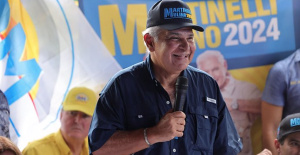 Mulino, dolphin of former President Martinelli, wins the presidential elections in Panama
Mulino, dolphin of former President Martinelli, wins the presidential elections in Panama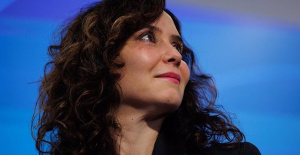 The prosecutor who asked to investigate the complaint of Ayuso's partner against two prosecutors for revealing secrets is removed
The prosecutor who asked to investigate the complaint of Ayuso's partner against two prosecutors for revealing secrets is removed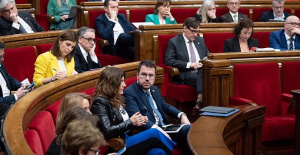 The PSC would win the Catalan elections with between 40 and 42 seats, followed by Junts (35-37) and ERC (21-23)
The PSC would win the Catalan elections with between 40 and 42 seats, followed by Junts (35-37) and ERC (21-23)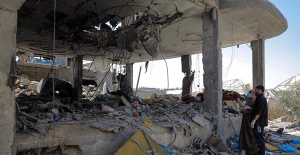 The Israeli Army asks Palestinians to leave Rafah "immediately" in the face of an imminent offensive
The Israeli Army asks Palestinians to leave Rafah "immediately" in the face of an imminent offensive How Blockchain in being used to shape the future
How Blockchain in being used to shape the future Not just BTC and ETH: Here Are Some More Interesting Coins Worth Focusing on
Not just BTC and ETH: Here Are Some More Interesting Coins Worth Focusing on A sensor system obtains the fingerprint of essential oils and detects if they have been adulterated
A sensor system obtains the fingerprint of essential oils and detects if they have been adulterated Faraday UPV presents the 'Origin' rocket to exceed 10 km of flight: "It is the beginning of the journey to space"
Faraday UPV presents the 'Origin' rocket to exceed 10 km of flight: "It is the beginning of the journey to space" The Generalitat calls for aid worth 4 million to promote innovation projects in municipalities
The Generalitat calls for aid worth 4 million to promote innovation projects in municipalities UPV students design an app that helps improve the ventilation of homes in the face of high temperatures
UPV students design an app that helps improve the ventilation of homes in the face of high temperatures A million people demonstrate in France against Macron's pension reform
A million people demonstrate in France against Macron's pension reform Russia launches several missiles against "critical infrastructure" in the city of Zaporizhia
Russia launches several missiles against "critical infrastructure" in the city of Zaporizhia A "procession" remembers the dead of the Calabria shipwreck as bodies continue to wash up on the shore
A "procession" remembers the dead of the Calabria shipwreck as bodies continue to wash up on the shore Prison sentences handed down for three prominent Hong Kong pro-democracy activists
Prison sentences handed down for three prominent Hong Kong pro-democracy activists ETH continues to leave trading platforms, Ethereum balance on exchanges lowest in 3 years
ETH continues to leave trading platforms, Ethereum balance on exchanges lowest in 3 years Investors invest $450 million in Consensys, Ethereum incubator now valued at $7 billion
Investors invest $450 million in Consensys, Ethereum incubator now valued at $7 billion Alchemy Integrates Ethereum L2 Product Starknet to Enhance Web3 Scalability at a Price 100x Lower Than L1 Fees
Alchemy Integrates Ethereum L2 Product Starknet to Enhance Web3 Scalability at a Price 100x Lower Than L1 Fees Mining Report: Bitcoin's Electricity Consumption Declines by 25% in Q1 2022
Mining Report: Bitcoin's Electricity Consumption Declines by 25% in Q1 2022 Oil-to-Bitcoin Mining Firm Crusoe Energy Systems Raised $505 Million
Oil-to-Bitcoin Mining Firm Crusoe Energy Systems Raised $505 Million Microbt reveals the latest Bitcoin mining rigs -- Machines produce up to 126 TH/s with custom 5nm chip design
Microbt reveals the latest Bitcoin mining rigs -- Machines produce up to 126 TH/s with custom 5nm chip design Bitcoin's Mining Difficulty Hits a Lifetime High, With More Than 90% of BTC Supply Issued
Bitcoin's Mining Difficulty Hits a Lifetime High, With More Than 90% of BTC Supply Issued The Biggest Movers are Near, EOS, and RUNE during Friday's Selloff
The Biggest Movers are Near, EOS, and RUNE during Friday's Selloff Global Markets Spooked by a Hawkish Fed and Covid, Stocks and Crypto Gain After Musk Buys Twitter
Global Markets Spooked by a Hawkish Fed and Covid, Stocks and Crypto Gain After Musk Buys Twitter Bitso to offset carbon emissions from the Trading Platform's ERC20, ETH, and BTC Transactions
Bitso to offset carbon emissions from the Trading Platform's ERC20, ETH, and BTC Transactions Draftkings Announces 2022 College Hoops NFT Selection for March Madness
Draftkings Announces 2022 College Hoops NFT Selection for March Madness
